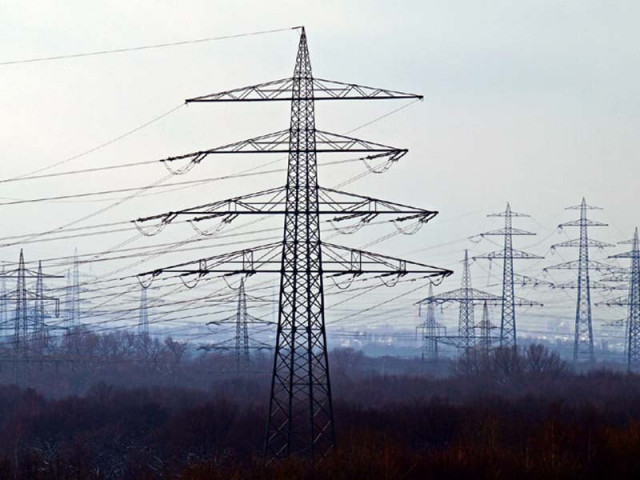Power consumers to get Rs231b relief
It will come after reduction in rate of return for power projects

The government is set to pass a relief of Rs231 billion to power consumers during the reform process over the next three years following a reduction in the rate of return for state-owned power plants and a change in the structure of liquefied natural gas (LNG)-based power plants.
Sources told The Express Tribune that the government had worked out an impact of Rs100 billion for the next three years on account of reduction in the return for government-owned independent power producers (IPPs), Water and Power Development Authority (Wapda) projects and Gencos.
Separately, an impact of over Rs131 billion due to reduction in fuel cost has been calculated in the end-consumer tariff due to change in the structure of LNG-based power plants.
Minister for Planning, Development and Special Initiatives Asad Umar informed Prime Minister Imran Khan and cabinet members about the issue in a recent meeting of the cabinet.
Three LNG-based power plants had signed a gas sale-purchase agreement with LNG suppliers with a minimum 66% fuel offtake. Recently, the Power Division sought exemption from the minimum offtake condition in a meeting of the Cabinet Committee on Energy.
After a series of consultative sessions with relevant stakeholders, the impact of reduction to 10% rate of return was calculated and presented to the prime minister in a meeting held on August 21, 2020.
The premier gave directive for revising the rupee-based rate of return to 10% for government-owned power projects. The National Electric Power Regulatory Authority (Nepra) had earlier allowed a 17% rate of return on equity in Pakistani rupees without any dollar indexation. The impact of reduction in the return from 17% to 10% on Wapda’s revenue would be around Rs16 billion for financial year 2020-21.
However, Wapda argued that any reduction in the capacity component would have severe implications for timely completion of strategic projects like Diamer-Bhasha, Mohmand and Dasu dams.
Apart from that, an additional allocation of Rs160 billion would be required from the Public Sector Development Programme (PSDP) in the next 10 years. Payables to Wapda as on June 30, 2020 stood at around Rs208 billion.
In the meantime, the impact of reduction in the rate of return to 10% for all Gencos would be around Rs3.5 billion for FY21. Payables to Gencos as on June 2020 were around Rs48 billion.
At present, profit-making Gencos are supporting loss-making Gencos, which will require budgetary support to cover their losses.
The rate of return is reduced to 12% with dollar indexation. The projected impact on LNG projects will be Rs6.71 billion. Currently, the projects owned by National Power Parks Management Company Limited (NPPMCL) are in the privatisation list.
Following the privatisation of LNG-based power plants, the rate of return will depend on new investors. In case of local investors, the return will be 17% without dollar indexation using rupee-dollar parity of 148 whereas foreign investors will get 12% return with dollar indexation.
The Power Division had requested the Cabinet Committee on Energy to consider and approve the proposal of adjusting the return on equity for Wapda’s hydroelectric power plants, Gencos and LNG-based power plants.
For the purpose, it said, the respective board of directors and Wapda authority should be directed to immediately approach Nepra for revision in their rate of return and accordingly the revision in their tariffs.
The Cabinet Committee on Energy reviewed the position presented by the Power Division in relation to the financial impact of reduction in the return on equity for state-owned power projects and after detailed deliberation agreed to the proposal.
It was decided that the settlement of payables worth Rs357 billion to government-owned power plants would be on a par with any future settlement with the IPPs after the ongoing negotiations by the IPPs committee.
The financial deficit, if any, faced by Wapda due to reduction in the rate of return will be arranged through the PSDP for the implementation of megaprojects. The financial deficit suffered by Gencos will be funded by the Finance Division.
Published in The Express Tribune, September 18th, 2020.
Like Business on Facebook, follow @TribuneBiz on Twitter to stay informed and join in the conversation.



















COMMENTS
Comments are moderated and generally will be posted if they are on-topic and not abusive.
For more information, please see our Comments FAQ